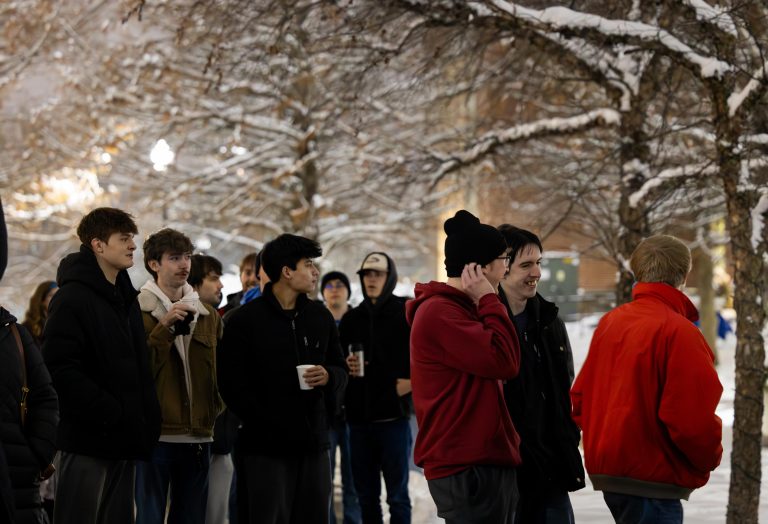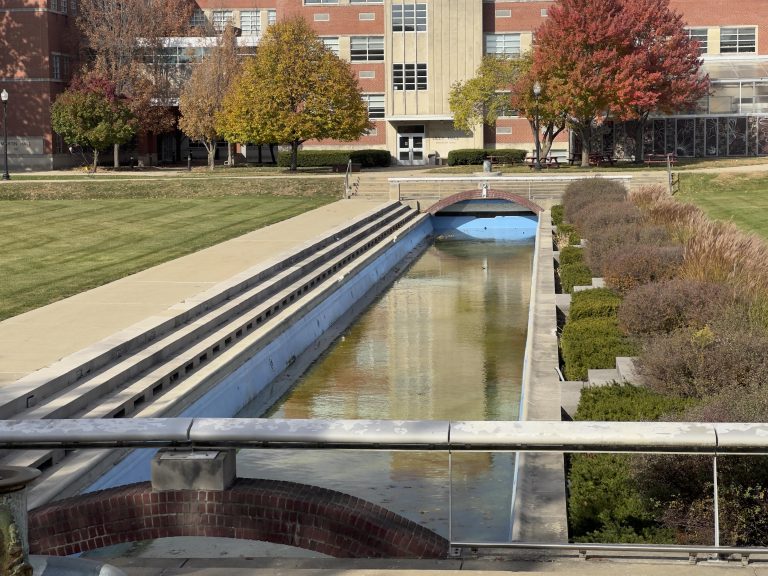Since the release of “The Rocky Horror Picture Show” in 1975, the film has spawned countless reenactments and gained a cult following numbering in the thousands.
The original feature film starred Tim Curry as the mad scientist Frank N. Furter, an eccentric inventor. When a newly engaged couple stumble upon his estate, they witness the success of his mission to create a “perfect man”. Throughout the film, the protagonists meet a plethora of eccentric characters and eventually embrace the insanity of their circumstances.
According an article from BBC, The Rocky Horror Picture Show is the longest continuously running film in history; for more than 40 years, the film has been played in at least one theater in the United States. Additionally, it has received nods from the television program “Glee” and 2012 film “The Perks of Being A Wallflower.”
Despite its modern popularity, however, the film was widely regarded as a failure at the time of its release. It was only due to the fervency of its fans that “The Rocky Horror Picture Show” was transformed from a box office flop to a cult classic that has endured through generations.
Reenactments of “The Rocky Horror Picture Show” draw crowds nationwide, including at the Irving Theater in Irvington, Indianapolis.
Typically, the film is shown on a large projector as actors lip sync songs and dialogue in full costume in front of the projection.
Although the University of Indianapolis’ 2017 rendition followed the same format, it was performed in the Schwitzer Student Center atrium rather than in Ransburg Auditorium due to scheduling conflicts with the current theatre production of “Frankenstein.”

Throughout the film, performers danced throughout the atrium, weaving between tables and utilizing the space for entrances and audience involvement.
However, the enduring legacy of “The Rocky Horror Picture Show” goes beyond technical elements or entertainment value.
Alongside its soundtrack and performances, the film’s prominent celebration of LGBT themes such as sexual liberation, transsexuality and bisexuality are among its most celebrated features.
Senior theatre major and president of Alpha Psi Omega Stephen Cox credited “The Rocky Horror Picture Show” with raising awareness of the LGBT community in America during the time of its release, and explained how performing the show on campus is a celebration of that culture.
“I think the main significance—other than just pure entertainment— is the education that can come with LGBT culture, especially at the time that it came out,” Cox said. “The idea of it within the LGBT community and the success of it within the LGBT community is what kind of pushed it to becoming the cult classic that it is. So, I think that bringing it to campus, originally, was really about highlighting the history of the queer community.”
The overt sexuality displayed by “The Rocky Horror Picture Show,” has found an appreciative audience in 2017.
One such fan is sophomore theatre and communication double major Carly Wagers, who has played the character of Columbia twice in her two years at UIndy.
“I just felt empowered. Just getting up there dancing and acting [like] a fool and just awakening that sexuality,” said Wagers. “After I did it, it kind of blossomed from there, and like I said, this year I am just so excited going into it. Because I know what it did for me, and we have a lot of freshmen in the cast, so I can’t wait to see what it does for them.”
Cox has played the lead role of Dr. Frank N. Furter for three consecutive years. Cox said that his first performance in the role helped him accept his identity, an experience he
hopes that others will also have.
“I would hope that, first and foremost, I want them [the audience] to be entertained. I want them to just have a good time, because providing an atmosphere where people are comfortable and are enjoying themselves also caters to the idea of not really caring about judgement or what other people think,” Cox said. “I hope that they can walk away at least being entertained, but I hope they can
walk away also being educated and also feeling and hoping that they can be 100 percent who they want to be and who they are.”







